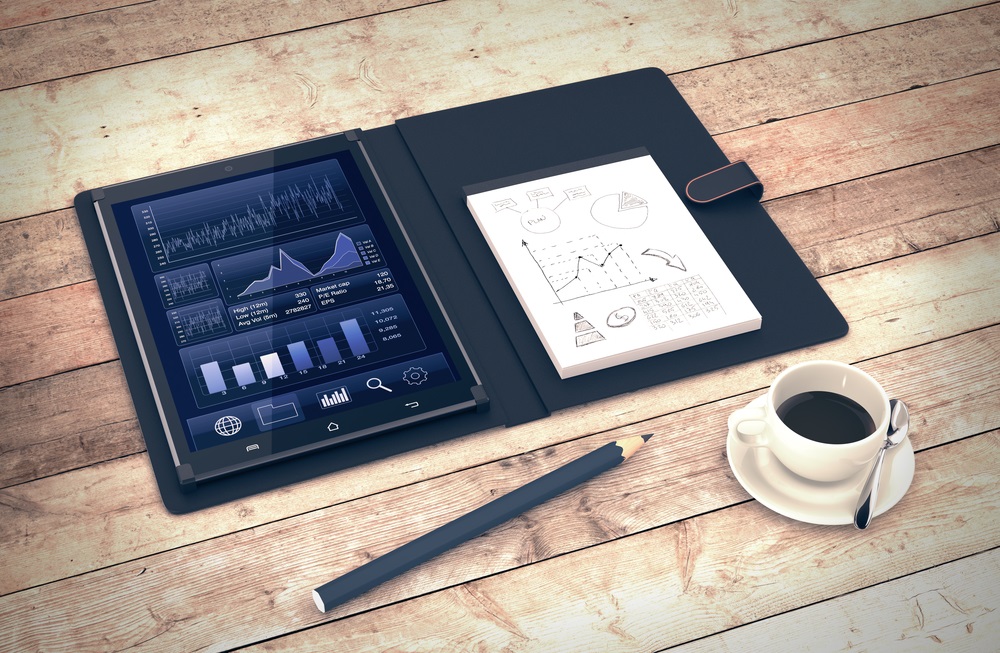
Recently, every single sector is handling upgrades left, right, and center. Especially in the financial world. Trading has become the talk of the town, but what you may not know is that there are so many forms of exchange in today’s market.
For instance, we have stock trading, forex trading, bitcoin trading, CFD trading, to mention a few. Today, however, we shall be looking into CFD trading.
What is CFD trading?
CFD is the acronym that fully reads Contract For Difference. And it is an agreement between a broker and a trader concerning the change in the value of an asset over time.
How the contract operates
CFD trading is driven by the trader’s knowledge of the market. Here the trader is not the actual owner of a given share, commodity, or index, but they use their judgment to predict if the value of the asset will rise or fall. On a given CFD, the trader trades on margin, which basically means that they put down a small deposit on the asset. And when there is a correct prediction, the seller then pays up the difference between the initial buy price and the new value of the asset. But if the deal goes south, the trader pays the difference.
The difference between the buying price and the selling price is called the spread.
With CFD, what can you trade on?
There would be no value of a trade if you cannot make a profit. And that is why you should become a CFD trader as the options to trading as diversified. And the likely markets are as follows;
1. Individual shares
In the trading world, you will find a multitude of individual stocks open for trading. And the window is so extensive that you are free to choose any industry from social media, manufacturing, or even export and import companies. One great example is trading on Facebook, Apple, and the likes. The beauty of CFD trading is the freedom it comes with. And since such shares fluctuate actively influenced by occurring current affairs, to experts, it is easy money.
2. Currencies
Just like individually owned shares, currencies for different countries also rise and fall. They are mostly affected by the price of fuel around the globe. And using that as your reference point, you may buy long or short depending on the trend occurring then.
3. Commodities
As a CFD trader, you will also be free to trade on products such as gold, silver, copper, and even crude oil. Taking into consideration the factors that influence their fluctuations, you can get a good deal from trading these commodities.
4. Stock indices
Last but not least, you may trade in the stock indices. These indices are like the UK100 and the US30, which are made up of geographically close companies. And this is also a place you can trade through a contract for difference.
Conclusion
As you have seen, CFD is one of the most straightforward forms of trading. The mechanism is easy to grasp, and if you have good intel, the income is handsome. So why not dive into the trading world and become a CFD trader?